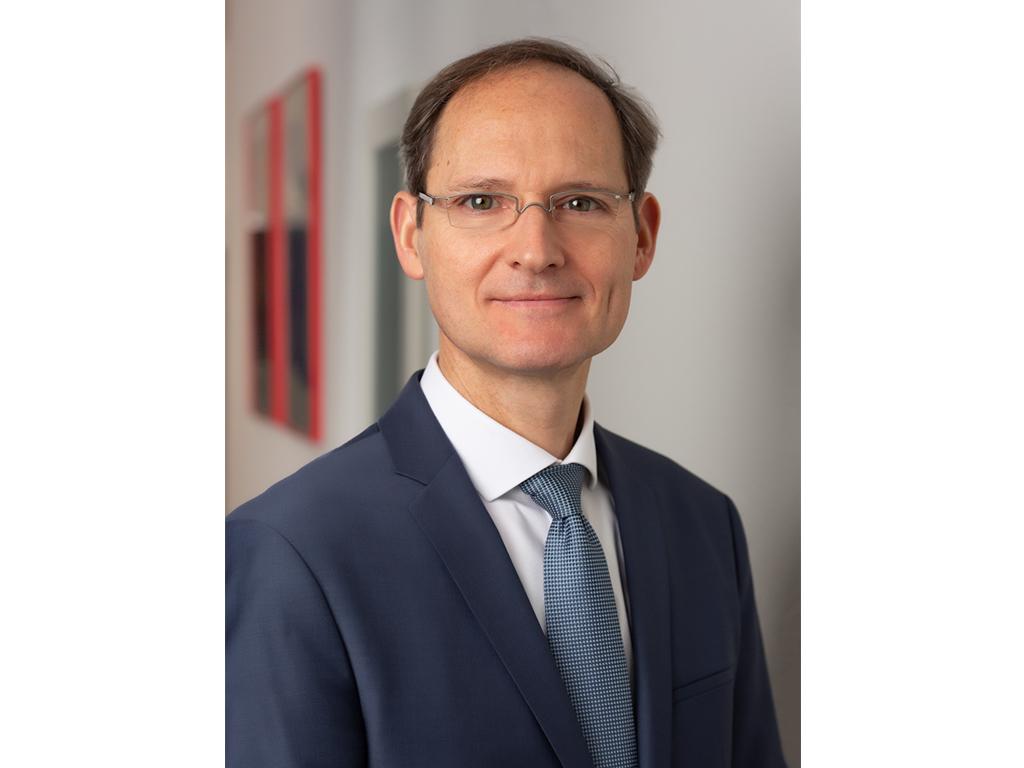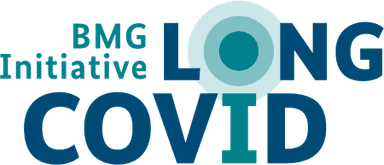Note: The following text is a guest article. They reflect the personal views of the author. The article is not an expression of opinion by the Federal Ministry of Health.
Guest article: Christof Lawall
In his guest article, Christof Lawall, the managing director of the DEGEMED, addresses the role of outpatient and inpatient rehabilitation facilities for those affected by long COVID.
Published on: 09/15/2023

Outpatient and inpatient rehabilitation facilities have already been treating patients after a COVID-19 infection since as early as April 2020. In the first waves of the pandemic, it was primarily those patients who had received inpatient and often intensive medical care in hospital after the infection. In the meantime, however, most rehabilitation patients suffer primarily from post- or long-COVID syndrome.
What does medical rehab do for Long COVID?
Rehabilitation facilities usually achieve a significant improvement in the health status of patients suffering from long COVID. Medical rehabilitation is a multi-professional and complex service. It combines different medical and therapeutic services. It is based on an individual treatment plan. The rehabilitation facilities can thus adapt the selection, duration and density of the therapies to the specific complaints and the resilience of the patients (pacing). This is a particularly vital factor in view of the variety of symptoms and limitations associated with a long-COVID disease.
What do patients with Long COVID need?
At present, it still takes far too long for patients with Long COVID to be identified as a case, to determine their need for services and to access rehabilitation services. Institutions report that many patients do not start rehabilitation until many months after the first symptoms appear and a diagnosis is made. Patients therefore need quick and competent help in specialist outpatient clinics or from general practitioners and specialists. If the diagnosis of a long-COVID disease is confirmed, then each patient should be offered medical rehabilitation as a matter of course and without delay. This must be anchored in the new treatment guidelines of the Federal Joint Committee (G-BA).
What do facilities need?
Long-COVID syndrome is generally characterised by a high degree of complexity of the clinical pattern. Symptoms can vary in severity, subside or reappear during the course of the disease. Classical indication-specific treatment concepts are only transferable to a limited extent here. This makes medical rehabilitation more demanding and much more expensive than for other patients. Facilities in this field therefore need sufficient resources and the necessary flexibility in terms of length of treatment. So to be clear: The standard treatment period of three weeks set by the funding agencies is too short and it would be best to eliminate it altogether. And the remuneration is too low for the interdisciplinary treatment that is mandatory for all patients. Here, the funding agencies must pay the facilities supplementary charges that are commensurate with their performance.
So, what do we do next?
It is also necessary to educate all doctors and therapists on an ongoing basis. They must be enabled to better understand the complex clinical picture of Long COVID and to align diagnosis, treatment and therapy with current knowledge about this new disease. Many rehabilitation patients also benefit from aftercare. It stabilises the patients and helps to ensure that the rehabilitation success lasts as long as possible. However, special aftercare programmes for patients suffering from long COVID do not exist at the moment. Therefore, existing programmes should either be adapted or new, specific ones should be developed. In conclusion: It is important to ensure better networking between the existing long-COVID outpatient clinics and the rehabilitation facilities. Here, the communication and understanding of each other is often still inadequate, and the outpatient clinics especially could benefit from the experience and knowledge of the rehabilitation facilities.
Vita
Christof Lawall has been Managing Director of the Deutschen Gesellschaft für Medizinische Rehabilitation e. V. (German Association for Medical Rehabilitation) since 2011 (also known as DEGEMED). The certified lawyer studied at the University of Regensburg and worked for the Deutsche Rentenversicherung Bund (German Pension Insurance Association) and GKV-Spitzenverband (National Association of Statutory Health Insurance Funds) for several years after completing his training.
DEGEMED is the umbrella organisation for medical rehabilitation. It campaigns for the interests of inpatient and outpatient rehabilitation facilities and is open to all operator models and legal forms. DEGEMED represents its concerns and issues vis-à-vis politicians, service providers and the public.
